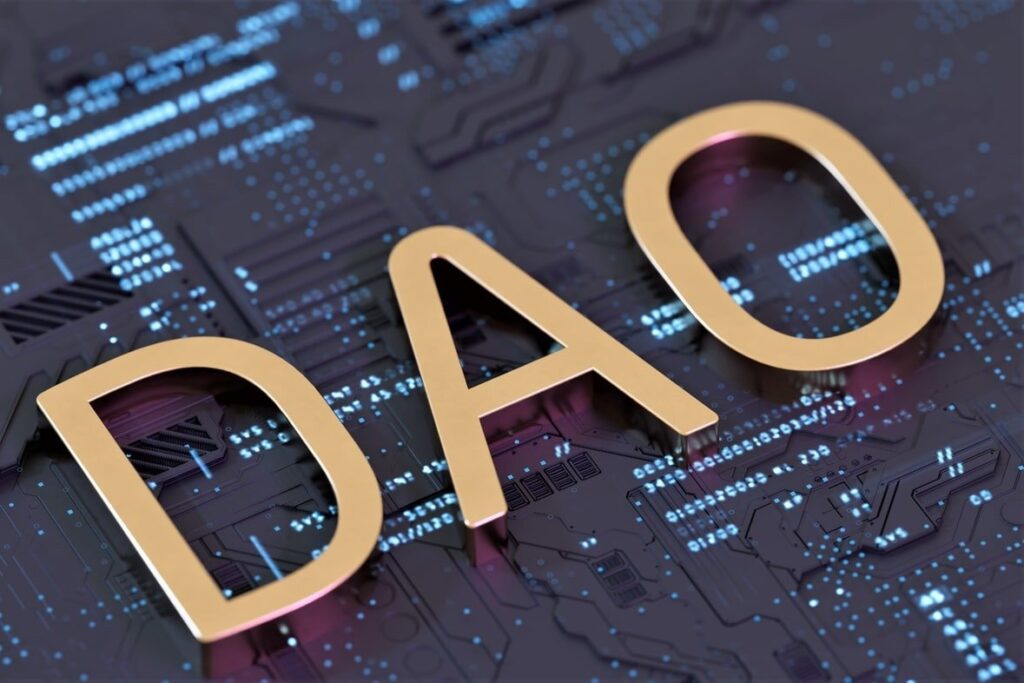Kate Kurbanova, Co-founder and Chief Operating Officer of Apostro, a crypto-focused risk management platform.
______
The rise of the crypto industry, blockchain technology, and Web3 have brought about new financial markets that have sparked an interest in a diverse array of parties. Furthermore, people are creating new ways to invest in crypto with decentralized autonomous organizations (DAOs) as the most prominent one.
Although crypto technology is relatively new, adoption and awareness are currently on the rise, yet it still needs more investment vehicles that can be used by the wider community. While venture capital usually comes with a lot of restrictions for both projects and participants alike, DAOs offer an easier and more inclusive way to invest.
VCs need to take a different approach to invest in crypto
In the traditional investment world, the most significant investments come from venture capital (VCs). However, since the crypto industry is entirely unique and different from anything we’ve seen to date, VCs will have to adapt to the realities of crypto and change accordingly.
For example, VCs who have recognized the potential of crypto early on have already started trying out new approaches. Some traditional funds are creating separate departments for the crypto sector, and there are even crypto-dedicated VC funds that exclusively specialise in digital currency investments.
Typically, venture capital brings in large pools of funds, along with their knowledge and continuous support that they possess from different playbooks and established company management practices. Projects can get a lot of help with their development by using VC resources and experience, though it might be slower at times given the hierarchical decision-making process on the VC side.
How do DAOs compare?
The DAO structure has grown to be rather popular in the past couple of years, and it is getting further adoption among investors looking to put their funds into digital assets.
One of the advantages DAOs hold over traditional VC funds, is that they are more inclusive toward average people willing to join the investment cooperative. While contributing to VCs is a more complicated process for investors (it’s usually fiat investing and it’s often done through a lengthy KYC (know your customer0 procedure), DAOs accept a wide variety of people regardless of geographical location or investment amount. DAO members also act as perfect customer development groups as they actively provide product feedback, bootstrap the liquidity of projects, and participate in marketing campaigns.
Since they originated in the crypto industry, and operate on top of foundations like blockchain technology and smart contracts, they are already working in familiar territory. As such, it is considerably easier for DAOs to catch new trends in this sector, and foresee how the market is developing.
However, there are also downsides to DAOs and given their crypto nature, it might be harder for some people to join them due to the technological barriers, especially for people new to the space. There are also higher risks when it comes to regulations around crypto, and consequently, DAOs are not yet fully set in stone, and therefore still susceptible to unforeseen changes.
Meanwhile, VCs hover on the more traditional and conservative side of things and are typically used by people who are not overly willing to expose themselves to unpredictable risks in newer markets. However, at the present time, VCs still hold the upper hand, as they have vast experience in finance, and entire networks of connections from traditional markets.
Conclusion: VCs vs DAOs
In the end, both VCs and DAOs are trustworthy and reliable, in their own ways, and for their own groups of people. Their reliability and trustworthiness can be measured on a relatively similar scale. VCs offer quarterly reports and official disclosures, while DAOs have data available on-chain. This means both are fairly transparent when it comes to their actions.
There are speculations that DAOs will eventually replace VCs, as soon as digital finance becomes capable of truly breaching the traditional finance world, as a more suitable investment mechanism for the crypto market. However, this would not be completely necessary, as there is enough room in the financial industry for both solutions to exist at the same time. With each having their own areas of expertise, it is likely that VCs and DAOs can complement each other, rather than them having to try to dominate the sector.

Source:cryptonews.com

